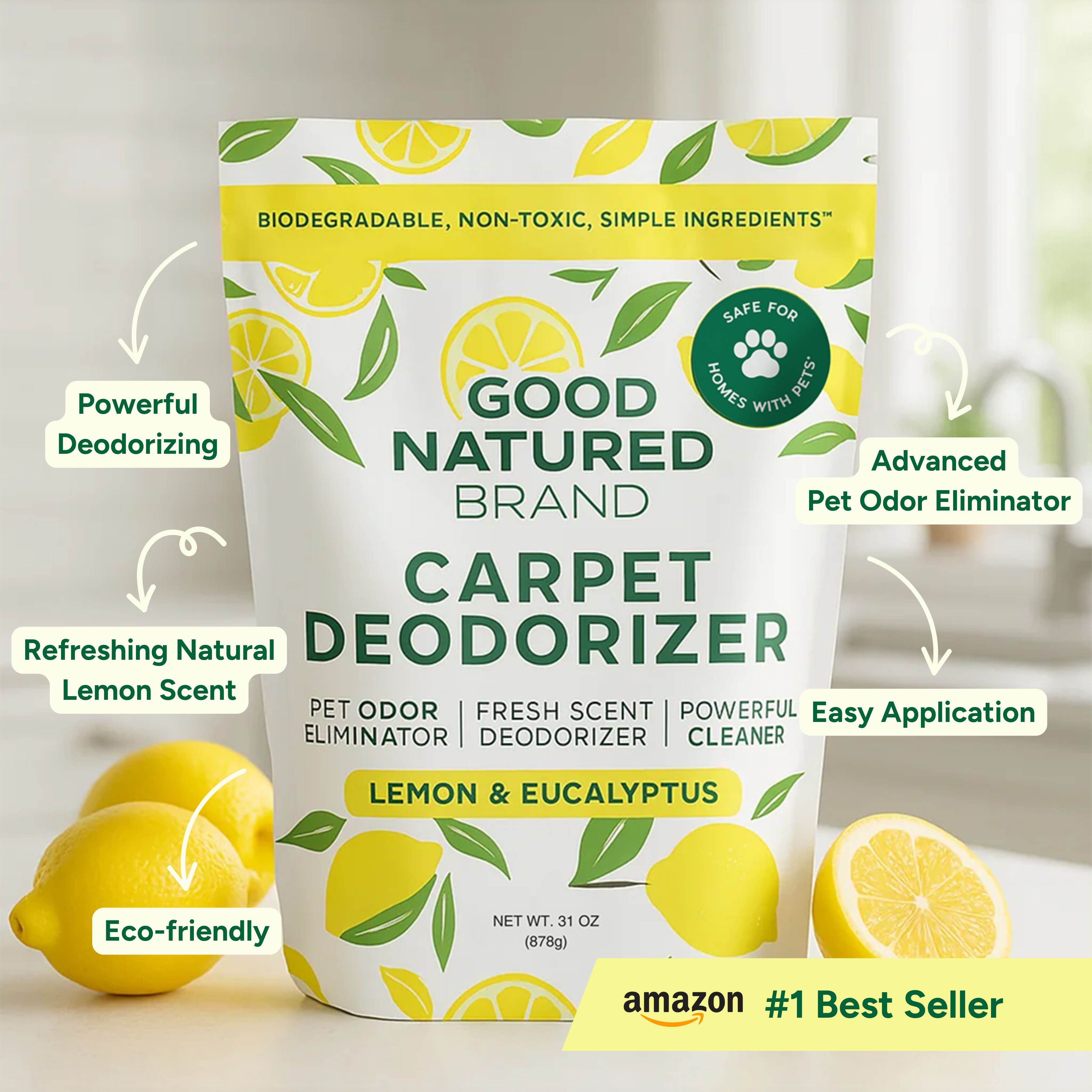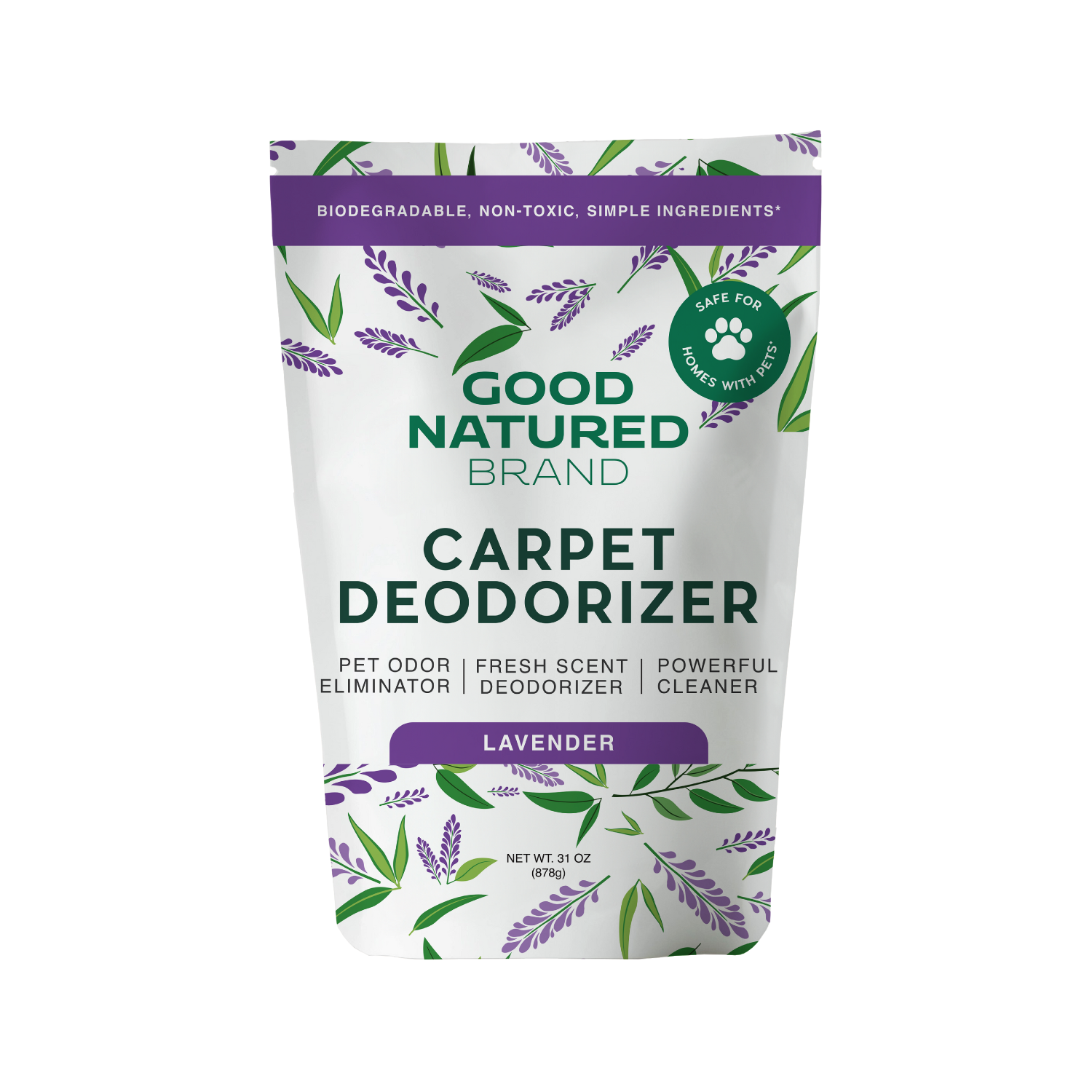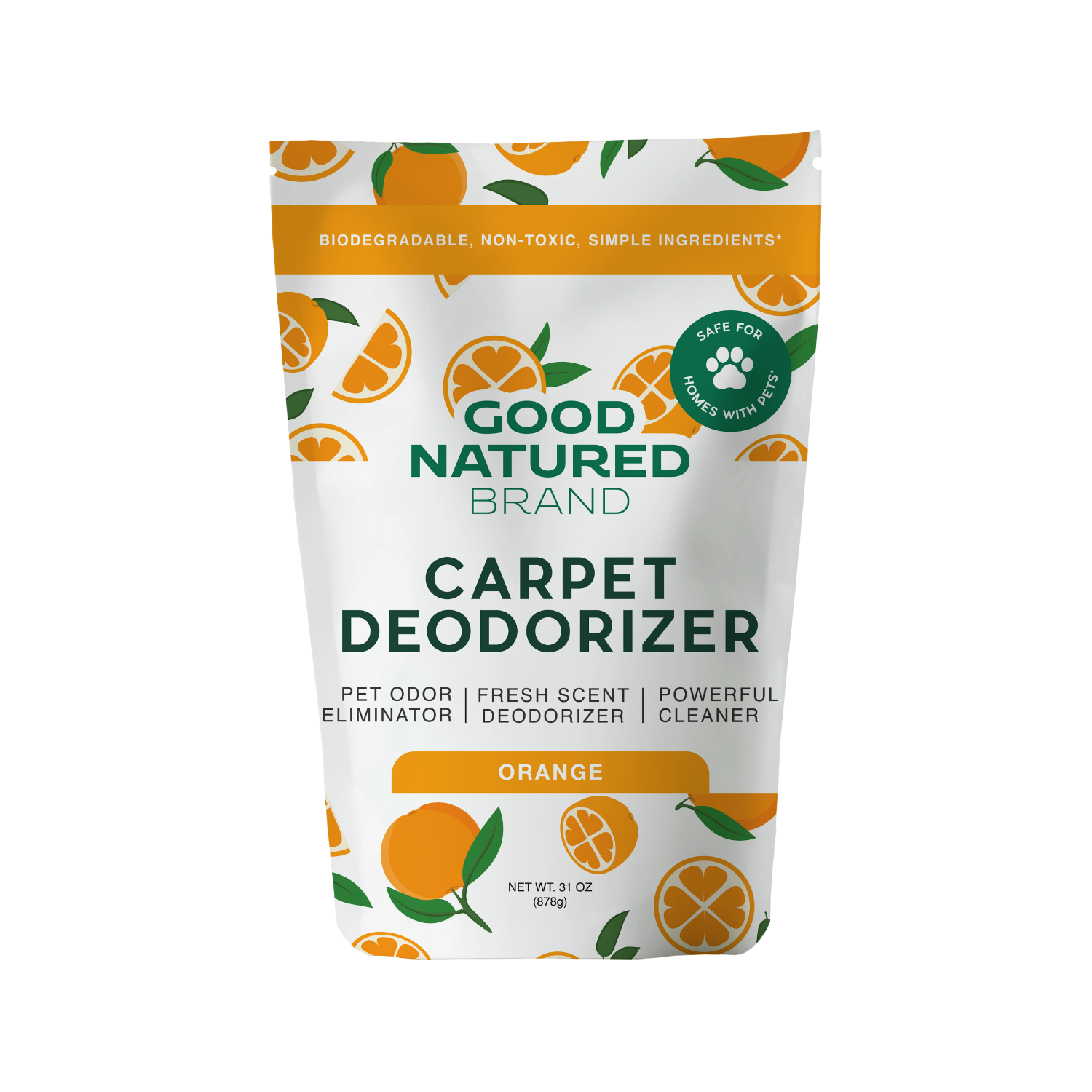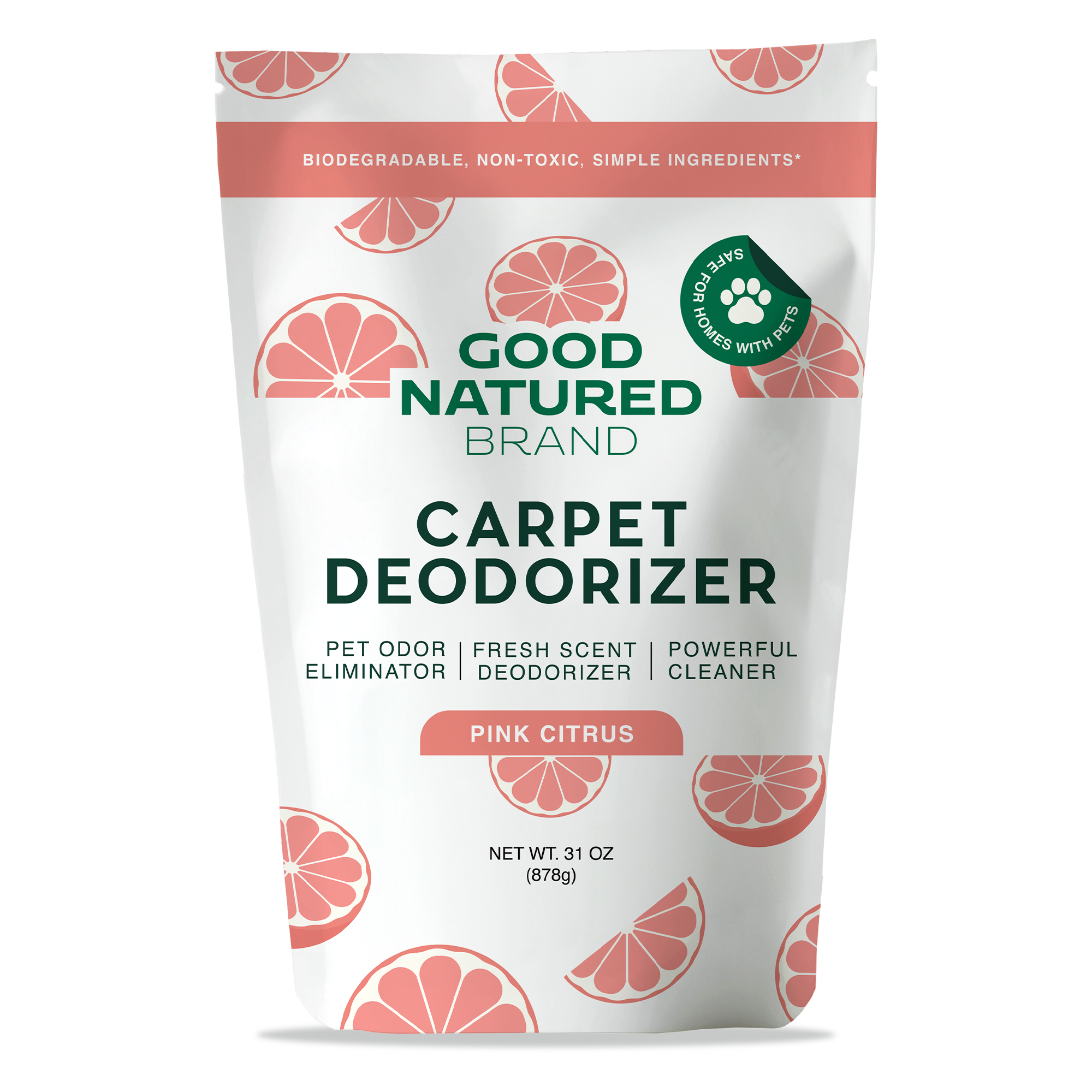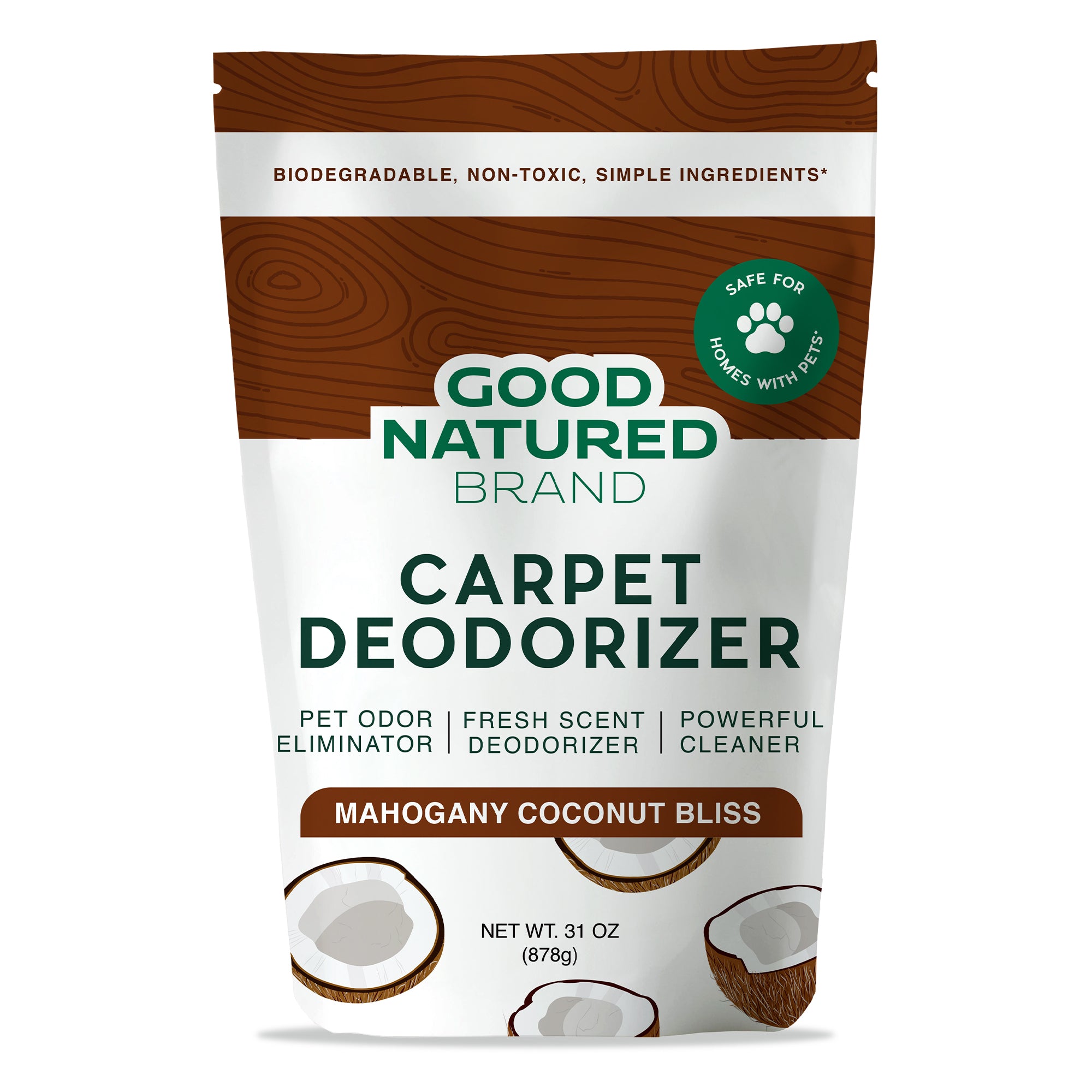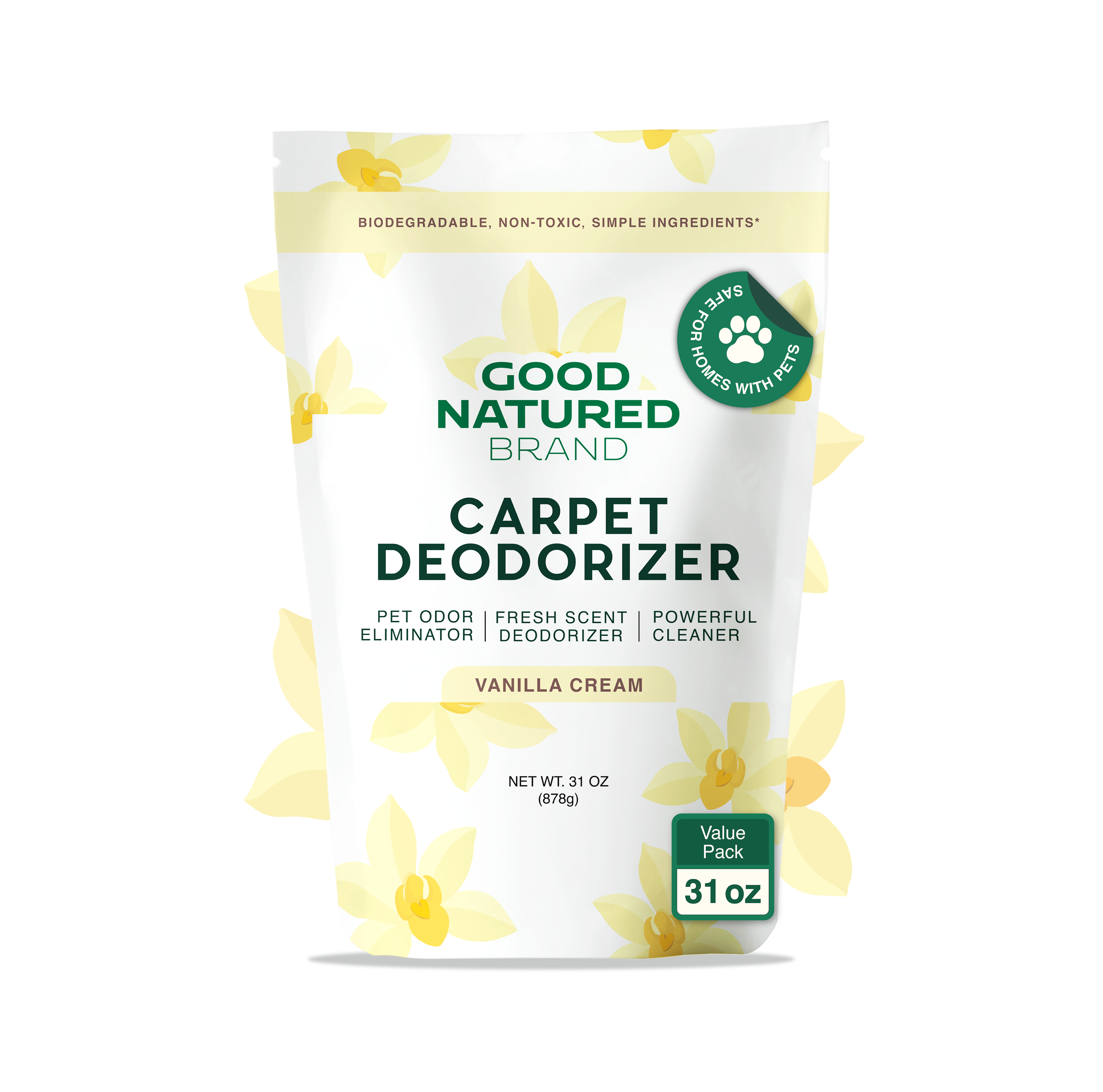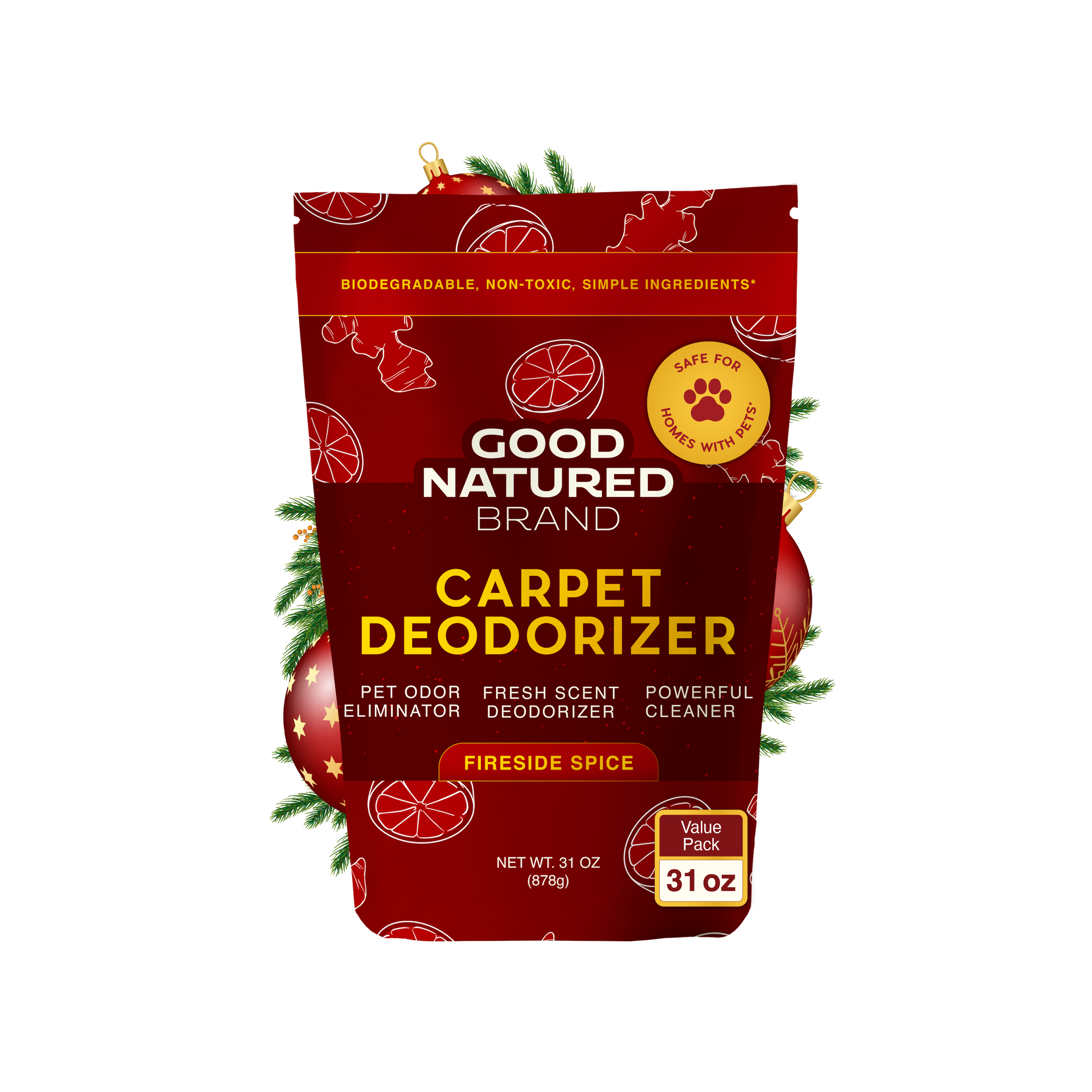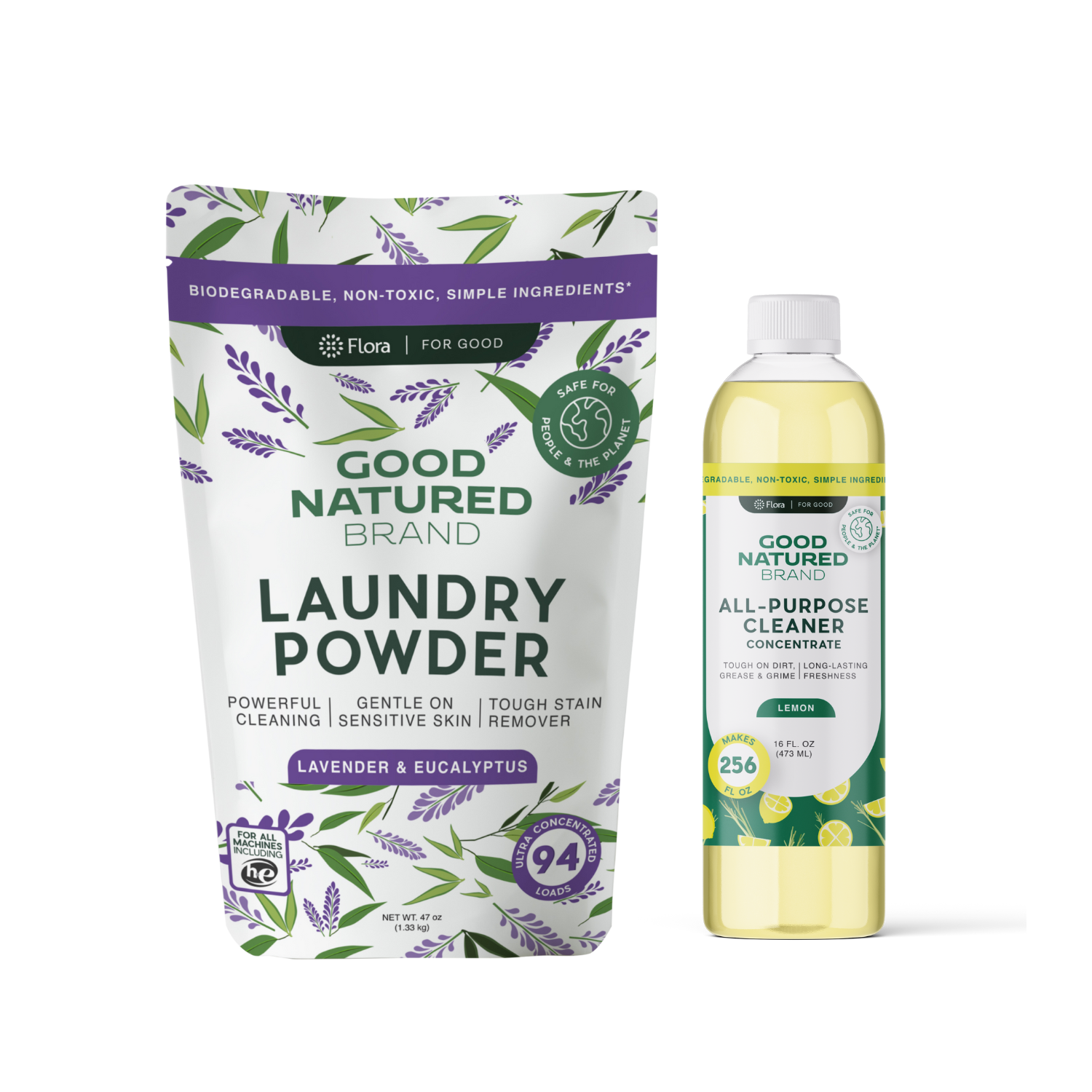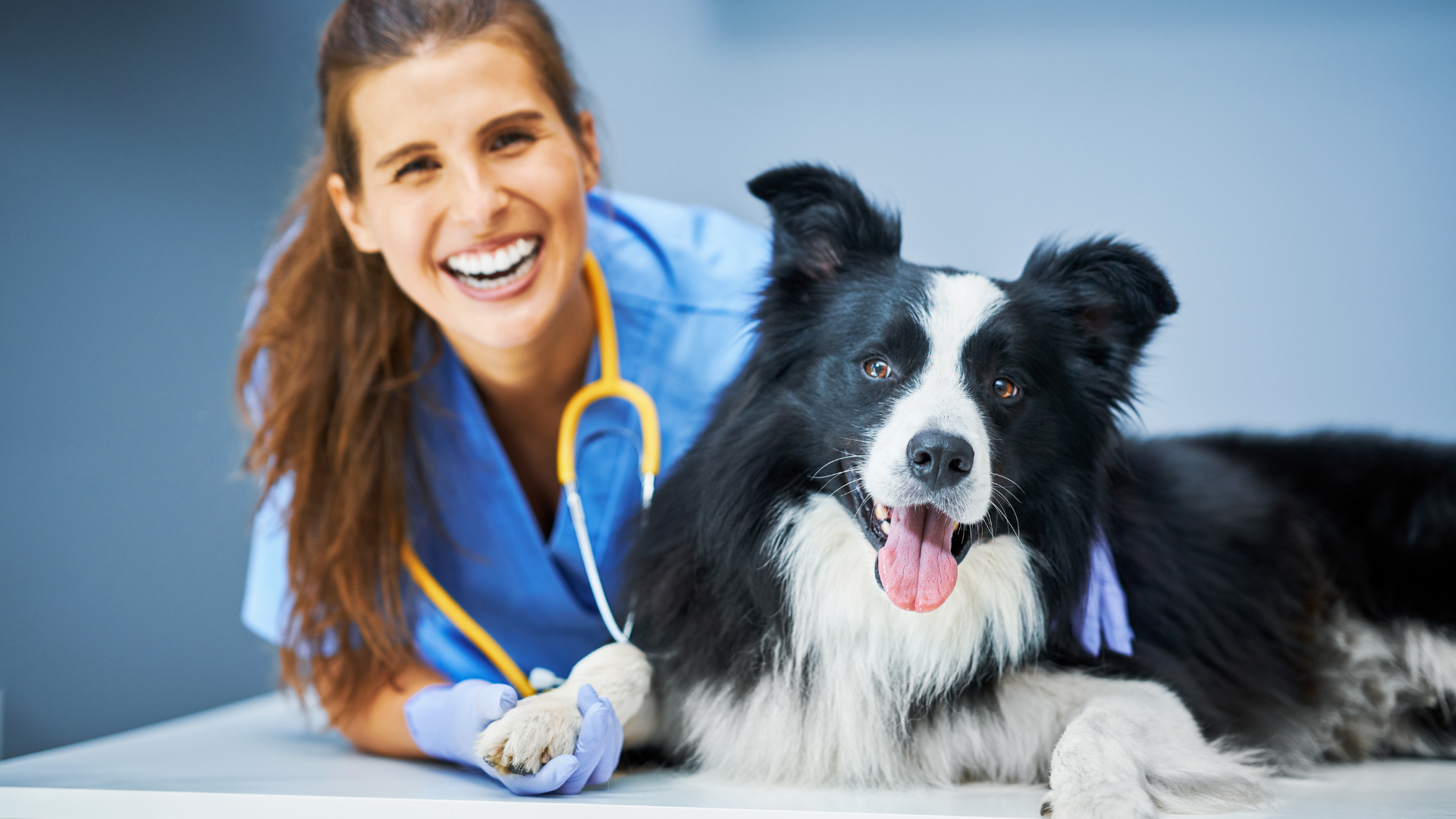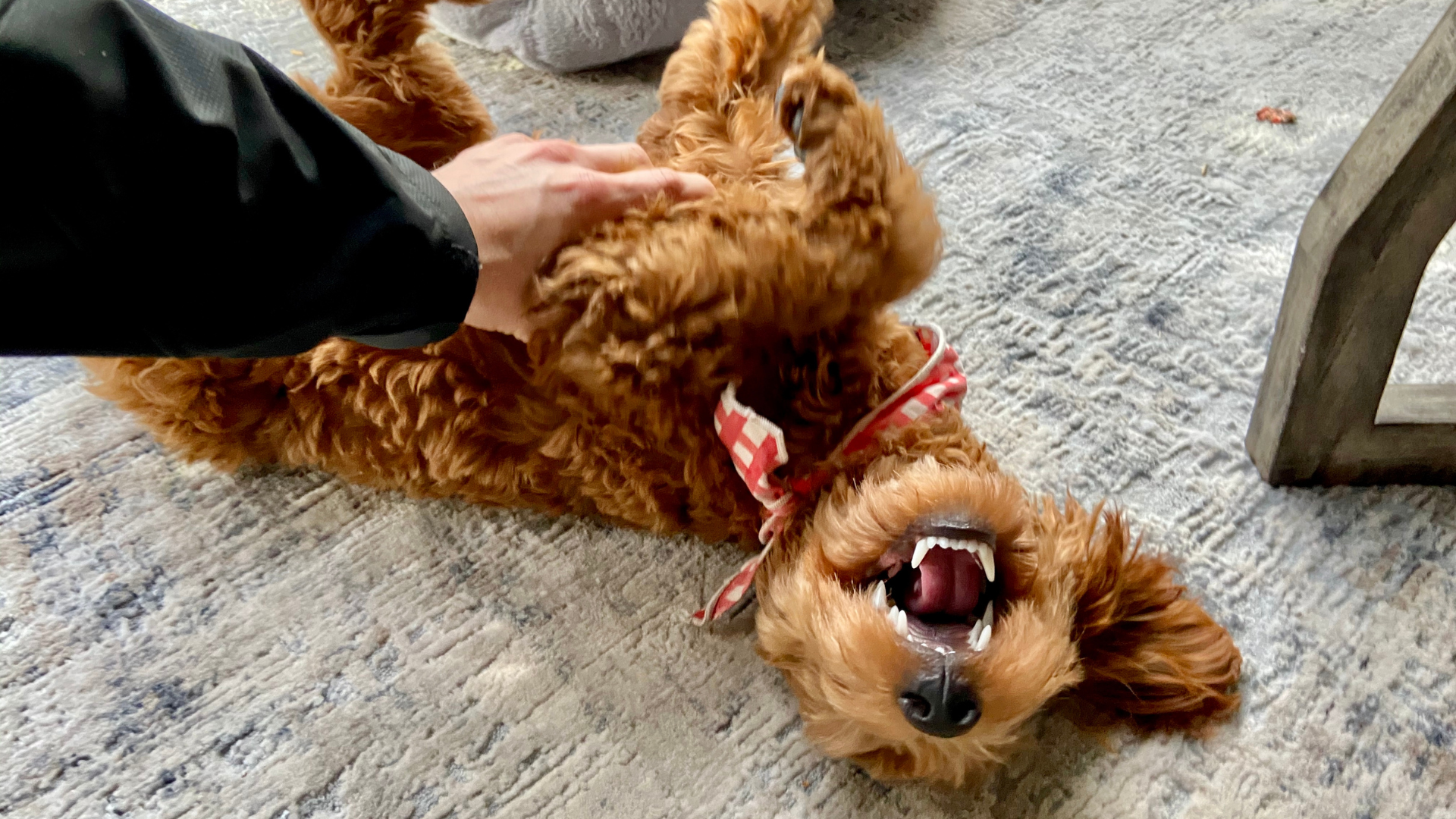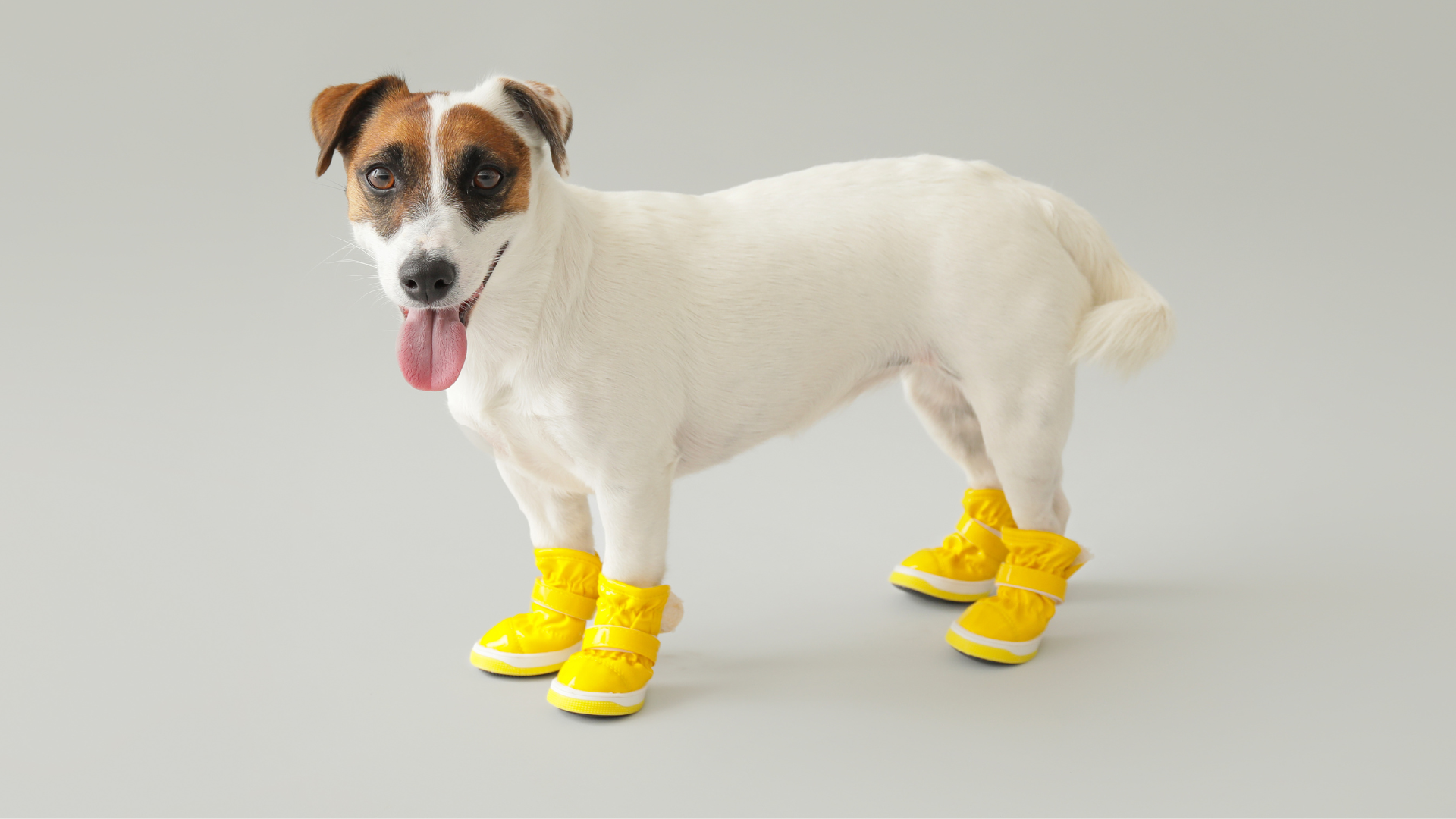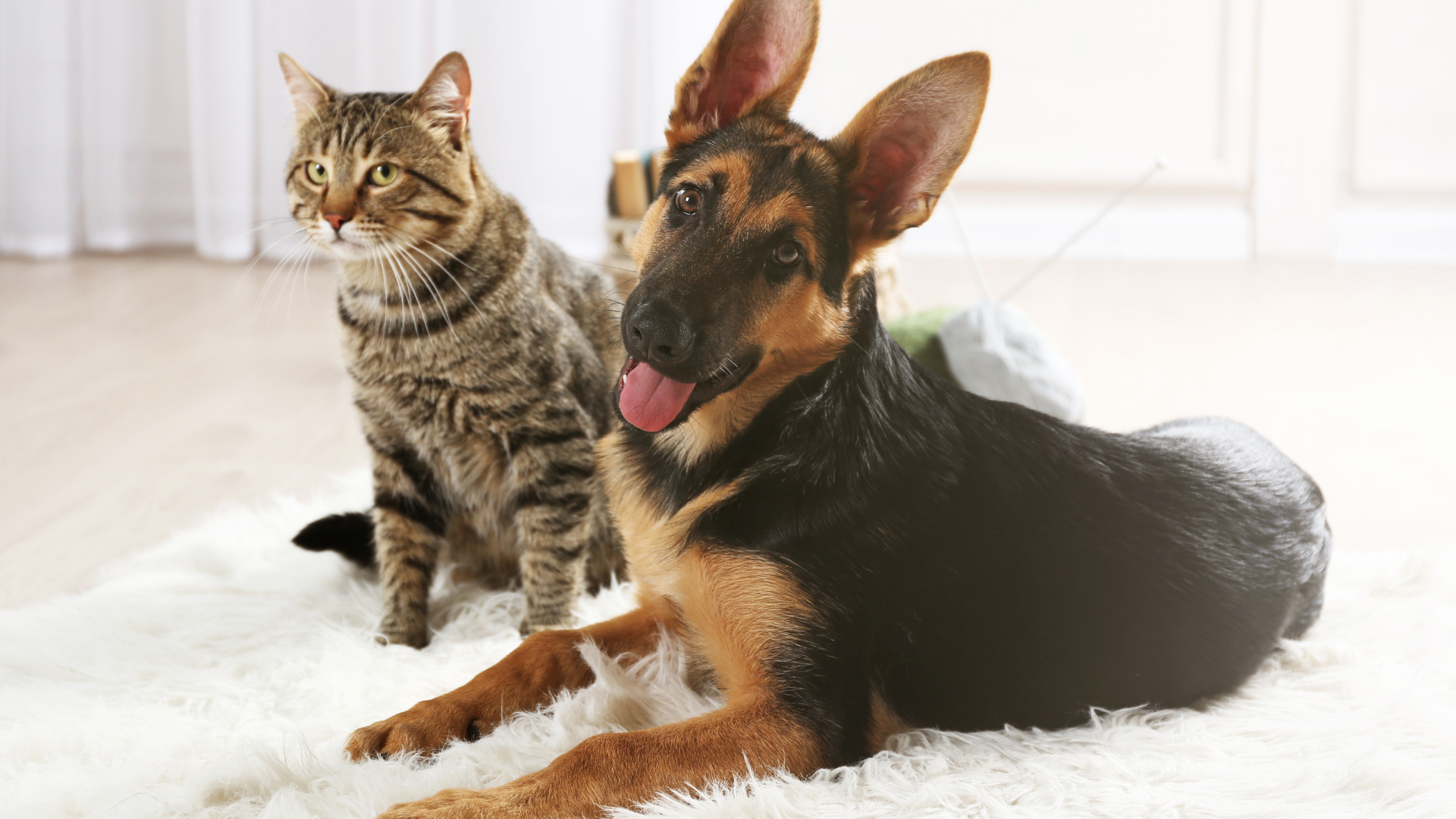Why People Search for “Dog With Down Syndrome”
The phrase “dog with Down syndrome” has become widely searched online, especially as social media platforms highlight animals with unique facial features, developmental delays, or unusual behaviors. These dogs often capture our hearts and leave us wondering whether dogs can have Down syndrome in the same way humans do.
Pet parents may see flattened facial features, slower development, or certain neurological signs and assume Down syndrome is the cause. Others may come across viral videos or photos of dogs labeled as having Down syndrome, even though the term is scientifically inaccurate.
However, the real answer is essential for responsible pet ownership: dogs cannot have Down syndrome. They can have other medical or genetic conditions that mimic the traits people associate with the disorder. Understanding these differences helps us provide better care and avoid harmful misinformation.
As you learn more about these conditions, remember that maintaining a clean, safe, and supportive environment is especially important for special needs dogs. Good Natured Brand offers pet-safe home essentials that support a healthier environment for all pets: https://www.goodnaturedbrand.com/.
Can a Dog Have Down Syndrome? Scientific Explanation
Down syndrome is a genetic condition caused by the presence of an additional copy of chromosome 21 (trisomy 21). Because it is tied explicitly to human genetics—and humans have 23 chromosome pairs—it cannot exist in dogs, who have 39 chromosome pairs. Dogs simply do not possess the same chromosome structure required for this condition to occur.
Even though dogs cannot have Down syndrome biologically, they can experience chromosomal abnormalities, congenital defects, or hormonal conditions that produce similar symptoms. These Down-like manifestations are often what lead people to mistakenly believe that a dog has Down syndrome.
Understanding Chromosomal Differences
-
Humans: 23 pairs of chromosomes
-
Dogs: 39 pairs of chromosomes
-
Trisomy 21 (Down syndrome) = uniquely human genetic event
-
Dogs may experience other chromosomal duplications or mutations, but these do not equate to Down syndrome
Why Dogs May Appear “Down Syndrome–Like”
Some dogs are born with facial deformities, cognitive delays, or developmental issues that mimic traits such as:
-
Flat or broad facial structure
-
Smaller-than-average size
-
Poor muscle tone
-
Delayed social or learning responses
But these occur due to different underlying medical issues, not Down syndrome itself.
Conditions That Resemble Down Syndrome in Dogs
Several congenital and genetic conditions in dogs lead to symptoms that pet owners often confuse with Down syndrome. Understanding these conditions ensures dogs receive appropriate care, diagnosis, and treatment.
Congenital Hypothyroidism
A thyroid hormone deficiency in newborn puppies can cause:
-
Puffy facial appearance
-
Stunted growth
-
Lethargy
-
Mental dullness
-
Slow metabolism
This condition is treatable, especially when detected early.
Pituitary Dwarfism
Pituitary dwarfism causes slow growth and abnormal development. Dogs with this condition often show:
-
A small, puppy-like body even in adulthood
-
Delayed tooth eruption
-
Weakness
-
Hair thinning or poor coat quality
Hydrocephalus (“Water on the Brain”)
This condition occurs when cerebrospinal fluid accumulates in the brain, causing:
-
A dome-shaped skull
-
Vision difficulties
-
Seizures
-
Unusual behaviors
-
Head pressing
Hydrocephalus can create facial deformities that resemble the “Down-like” look humans associate with the disorder.
Genetic Mutations or Birth Defects
Dogs can experience chromosomal abnormalities such as missing or duplicated chromosomes, but these mutations are not the same as Down syndrome. They can, however, cause:
-
Facial asymmetry
-
Motor-skill delays
-
Low cognitive function
Cognitive Dysfunction in Senior Dogs
An older dog with cognitive dysfunction syndrome (CDS) may show:
-
Confusion
-
Disorientation
-
Behavioral changes
-
Slow responses
This can resemble developmental delays seen in dogs born with congenital abnormalities.
Signs People Mistake for a Dog Having Down Syndrome
Because the term “dog with Down syndrome” is commonly used online, it’s important to understand the physical, behavioral, and health-related signs that often cause confusion.
Physical Signs Often Misinterpreted
-
Broad or flat facial features
-
Small or abnormally shaped eyes
-
Large tongue protruding frequently
-
Short limbs or small stature
-
Poor muscle tone
-
Unusual posture
Some dogs with congenital abnormalities may also experience mobility challenges. In these cases, maintaining clean floors—free from irritants and slippery residues—is essential. Using Good Natured Brand’s All-Purpose Cleaners (https://www.goodnaturedbrand.com/collections/all-purpose-cleaners) ensures floors stay clean and safe without chemicals that may irritate sensitive pets.
Behavioral Signs That Resemble Down Syndrome
Dogs with neurological or developmental conditions may exhibit:
-
Difficulty understanding commands
-
Slow learning
-
Reduced situational awareness
-
Lower energy levels
-
Episodes of confusion
-
Clumsiness or poor coordination
These signs often indicate an underlying medical issue that requires veterinary attention.
Health Symptoms Seen in “Down-Like” Dogs
Confusion with Down syndrome often arises because many conditions in dogs share these symptoms:
-
Hearing or vision loss
-
Heart defects
-
Hormone imbalances
-
Seizures
-
Growth delays
-
Chronic infections
Puppies showing these signs benefit from early diagnosis and tailored care routines.
How Veterinarians Diagnose Conditions Mistaken for Down Syndrome
If a dog shows developmental abnormalities, a veterinarian will perform a range of diagnostic tests to identify the real cause.
Physical Examination
Your vet will check:
-
Bone structure
-
Muscle tone
-
Eye development
-
Neurological responses
-
Facial symmetry
Genetic Testing
While Down syndrome cannot be diagnosed in dogs, genetic tests can identify chromosomal abnormalities.
Hormonal and Thyroid Testing
Blood panels evaluate hormone levels, including thyroid, growth hormones, and adrenal function.
Neurological Evaluations
These tests assess:
-
Cognitive responses
-
Motor function
-
Reflexes
-
Brain abnormalities
Imaging (X-rays, CT scans, and MRIs)
Imaging helps identify physical deformities and brain conditions such as hydrocephalus.
Correct diagnosis ensures your dog receives the proper care—not misleading assumptions.
Caring for Dogs With Down-Syndrome-Like Conditions
Dogs with congenital abnormalities or developmental delays need a little extra support—but they can still lead full, happy lives with the right care.
Routine Veterinary Care
Regular health monitoring is crucial because dogs with genetic or developmental issues may be prone to:
-
Heart complications
-
Immune system challenges
-
Vision or hearing problems
-
Hormonal imbalances
Nutrition and Feeding Considerations
Dogs with developmental delays may benefit from:
-
Easily digestible foods
-
Omega-3 supplements
-
Foods that support brain and joint health
A veterinarian or canine nutritionist can guide you on the best diet for your dog’s specific condition.
Creating a Safe and Clean Home Environment
Dogs with mobility or cognitive issues may be more sensitive to dirt, allergens, or strong cleaning chemicals. A clean environment helps prevent infections, reduces stress, and supports better health.
Pet-safe household solutions make a big difference:
-
Use Carpet Deodorizers (https://www.goodnaturedbrand.com/collections/carpet-deodorizers) to keep carpets fresh without overwhelming scents.
-
Wash blankets and dog bedding with safe, fragrance-free Laundry Powders (https://www.goodnaturedbrand.com/collections/laundry-powders) to prevent skin irritation.
-
Clean feeding areas, play zones, and floors with All-Purpose Cleaners (https://www.goodnaturedbrand.com/collections/all-purpose-cleaners) to eliminate germs safely.
These products help special needs dogs thrive in a hygienic, toxin-free home.
Socialization and Enrichment
Though they may learn at a slower pace, enrichment is vital for cognitive and emotional well-being. Options include:
-
Short, positive training sessions
-
Soft toys for chewing or stimulation
-
Puzzle feeders
-
Calm socialization with familiar pets or people
How to Support a Dog With Special Needs
Dogs with Down-syndrome-like conditions require specialized care, but with the right support system, they can live comfortable, happy, and fulfilling lives. Care often focuses on creating a safe environment, maintaining proper hygiene, supporting mobility, and addressing emotional needs.
Creating a Safe Home Environment
Special needs dogs may have poor coordination, vision problems, or slower reaction times. To keep them safe:
-
Use non-slip mats to prevent slipping
-
Avoid sharp corners or clutter that may cause injury
-
Use baby gates if stairs pose a risk
-
Maintain consistent room layouts to avoid confusion
Keeping floors clean and free from irritants is especially important. Dog-safe products like Good Natured Brand’s All-Purpose Cleaners (https://www.goodnaturedbrand.com/collections/all-purpose-cleaners) help maintain a hygienic space without harsh chemicals that could irritate sensitive pets.
Maintaining a Clean and Comfortable Living Environment
Dogs with developmental challenges may be more prone to accidents, drooling, or shedding. To maintain cleanliness without exposing them to irritants:
-
Deodorize carpets using Carpet Deodorizers (https://www.goodnaturedbrand.com/collections/carpet-deodorizers)
-
Wash blankets and bedding frequently with Laundry Powders (https://www.goodnaturedbrand.com/collections/laundry-powders)
-
Wipe down surfaces using All-Purpose Cleaners to remove dirt, grime, or drool
A fresh, toxin-free home can significantly improve the comfort of dogs with special needs and make daily living more manageable.
Building a Routine
These dogs thrive when given predictable routines. Consistency reduces anxiety, builds confidence, and makes daily life easier to navigate.
-
Feed at consistent times
-
Use predictable walking schedules
-
Keep noise levels low
-
Introduce new things gradually
Diet and Nutrition for Dogs With Special Needs
Proper nutrition plays a significant role in managing symptoms related to congenital or developmental conditions. These dogs often require more careful dietary planning to maintain healthy growth, cognitive function, and immune resilience.
High-Quality, Easily Digestible Food
Dogs with slowed development or hormonal issues may benefit from diets that include:
-
Lean protein sources
-
Omega-3 fatty acids for cognition
-
Antioxidants for immune support
-
Soft or moist foods if dental issues exist
Work closely with a veterinarian to tailor a nutrition plan that best suits your dog’s condition.
Managing Weight and Growth
Because some special needs dogs experience slower metabolism or reduced mobility, weight should be monitored closely. Frequent weigh-ins and portion control help prevent obesity, which can worsen mobility issues or place stress on the heart and joints.
Supplements and Vet-Recommended Enhancements
Some dogs may benefit from:
-
Fish oil or DHA supplements
-
Joint-support formulas
-
Digestive enzymes
-
Thyroid medication (for hypothyroidism)
Training and Behavioral Support for Dogs With Down-Syndrome-Like Symptoms
Training special needs dogs requires patience, consistency, and compassion. They may learn more slowly, but with the right approach, they can master important skills.
Using Positive Reinforcement
Rewards-based training works best because it builds confidence and encourages repetition.
-
Use small treats
-
Offer verbal praise frequently
-
Keep training short and positive
Short, Manageable Training Sessions
Because many special needs dogs have limited attention spans, shorter sessions—5 to 7 minutes—are more effective. Break down commands into the simplest possible steps.
Avoiding Overstimulation
Loud noises, bright lights, or chaotic environments can overwhelm dogs with developmental conditions.
-
Provide quiet spaces
-
Use gentle voices
-
Allow plenty of rest time
Emotional Support for Special Needs Dogs
A dog with congenital or developmental abnormalities may experience confusion, anxiety, or sensory overload. Emotional support from their caregivers plays a huge role in their overall quality of life.
Showing Patience and Compassion
These dogs may take longer to adapt to new experiences or respond to commands. Patience builds trust and improves communication.
Encouraging Socialization
Gentle, positive social experiences with other dogs and humans help develop emotional resilience.
-
Avoid overly energetic dogs
-
Start with calm, controlled environments
Understanding Body Language
Special needs dogs may communicate stress differently. Signs include:
-
Lip licking
-
Avoiding eye contact
-
Hiding
-
Whining
Responding to these cues helps them feel secure.
Common Myths About “Dogs With Down Syndrome”
Education is essential for helping pet owners understand what their dog is truly experiencing.
Myth: Dogs Can Be Born With Down Syndrome
Fact: Dogs cannot have trisomy 21 or any version of it.
Myth: Dogs With Birth Defects Cannot Live Happy Lives
Many dogs with congenital abnormalities live long, joyful, and meaningful lives when given proper support.
Myth: Odd Facial Features Mean a Dog Has a Genetic Disorder
Sometimes unusual facial features are simply part of breed characteristics or benign deformities.
Myth: Developmental Delays Are Always Genetic
Delays can be caused by hormonal deficiencies, infections, early-life trauma, or environmental factors.
Debunking these myths is crucial for ensuring dogs receive appropriate care and aren’t misdiagnosed by well-meaning owners.
When to Seek Veterinary Specialists
Some special needs conditions require ongoing care from specialists.
Neurologists
For seizures, balance issues, or suspected hydrocephalus.
Endocrinologists
For thyroid imbalances or growth hormone deficiencies.
Orthopedic Specialists
For limb deformities, joint issues, or mobility challenges.
Veterinary Geneticists
For suspected hereditary abnormalities or chromosomal defects.
When Urgent Care Is Needed
Seek immediate veterinary help if your dog shows:
-
Sudden changes in behavior
-
Inability to walk
-
Persistent vomiting
-
Seizures
-
Difficulty breathing
Early intervention often leads to better outcomes.
Keeping a Clean Home for Dogs With Special Needs
Cleanliness matters even more for dogs with congenital or developmental disabilities. Their immune systems may be weaker, and they may struggle with mobility, making sanitation crucial.
Safe and Consistent Cleaning Practices
Harsh chemicals can irritate sensitive dogs, so choosing natural products is key.
-
Clean up spills and food messes using All-Purpose Cleaners to prevent bacterial growth
-
Deodorize fabric and carpeted areas with Carpet Deodorizers
-
Wash bedding weekly using Laundry Powders to prevent odors and skin irritation
These routines help maintain a healthy environment for your dog while reducing stress and allergens.
Preventing Accidents and Messes
Some special needs dogs may have bladder leaks or digestive sensitivity. Keep pee pads available, use washable bedding, and have cleaning products accessible to ensure comfort and hygiene.
Living With and Loving a Special Needs Dog
Caring for a dog who displays Down-syndrome-like symptoms can be incredibly rewarding. These dogs often form deep bonds with their caregivers and bring unique joy to the household.
Celebrating Their Personality
Many special needs dogs:
-
Are exceptionally affectionate
-
Show playful, quirky behaviors
-
Thrive with gentle attention
-
Develop strong emotional attachments
Building a Support Network
Connect with:
-
Special needs dog communities
-
Local rescue groups
-
Online support forums
-
Pet care professionals
These resources provide emotional support and practical guidance.
Learning More Through Trusted Resources
Pet parents can explore helpful guides on eco-friendly living, special needs pet care, and toxin-free cleaning on Good Natured Brand’s blog: https://www.goodnaturedbrand.com/pages/blog
Understanding the “Dog With Down Syndrome” Misconception
While dogs cannot biologically have Down syndrome, they can experience genetic abnormalities or congenital issues that mimic its symptoms. With proper care, veterinary guidance, and a supportive environment, these dogs can lead fulfilling and joyful lives.
Pet-safe cleaning essentials—like Carpet Deodorizers, Laundry Powders, and All-Purpose Cleaners—help create a safe, nurturing home for any special needs pet.
For more natural, pet-safe products and helpful resources, explore the Good Natured Brand main page: https://www.goodnaturedbrand.com/
